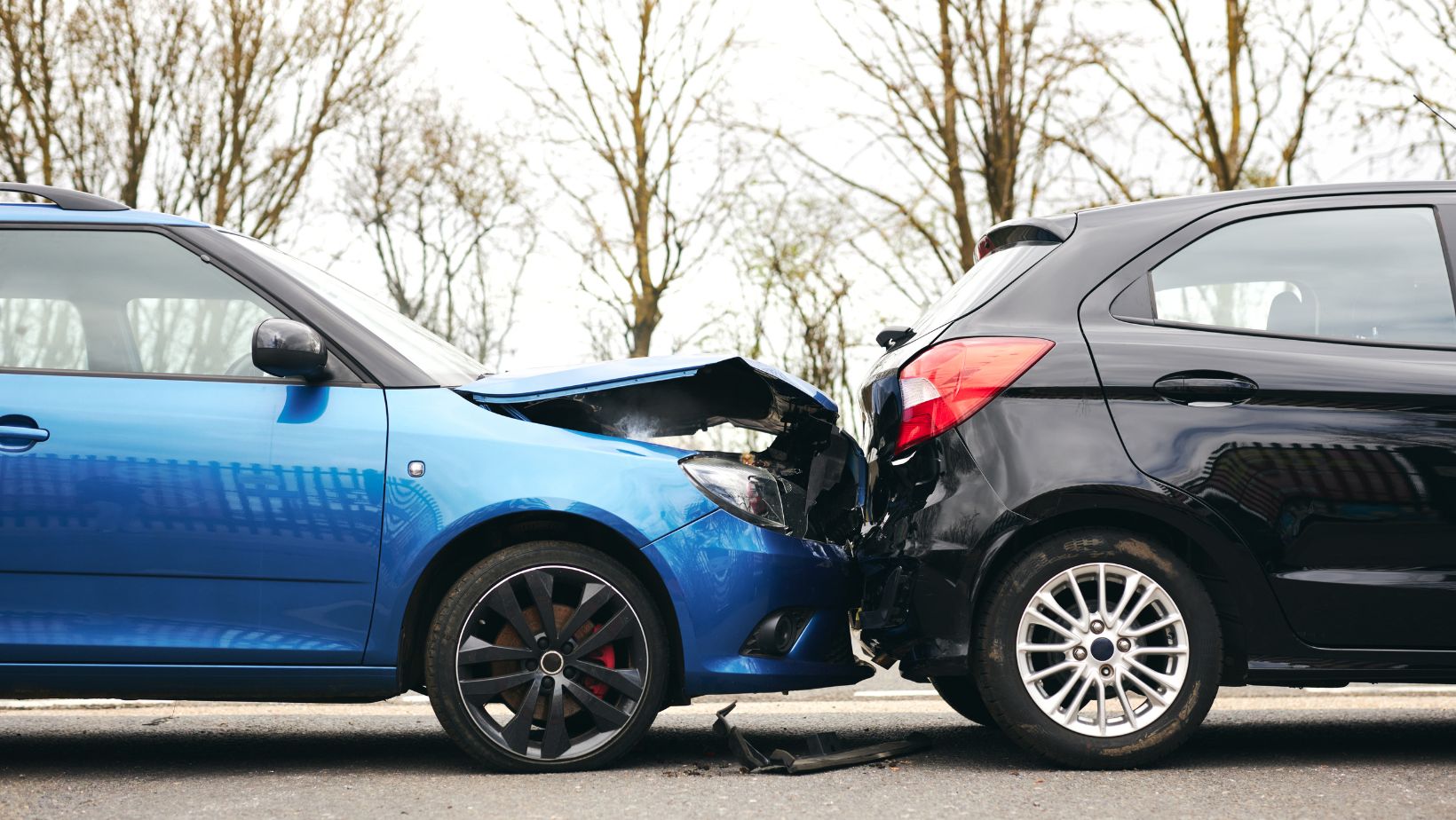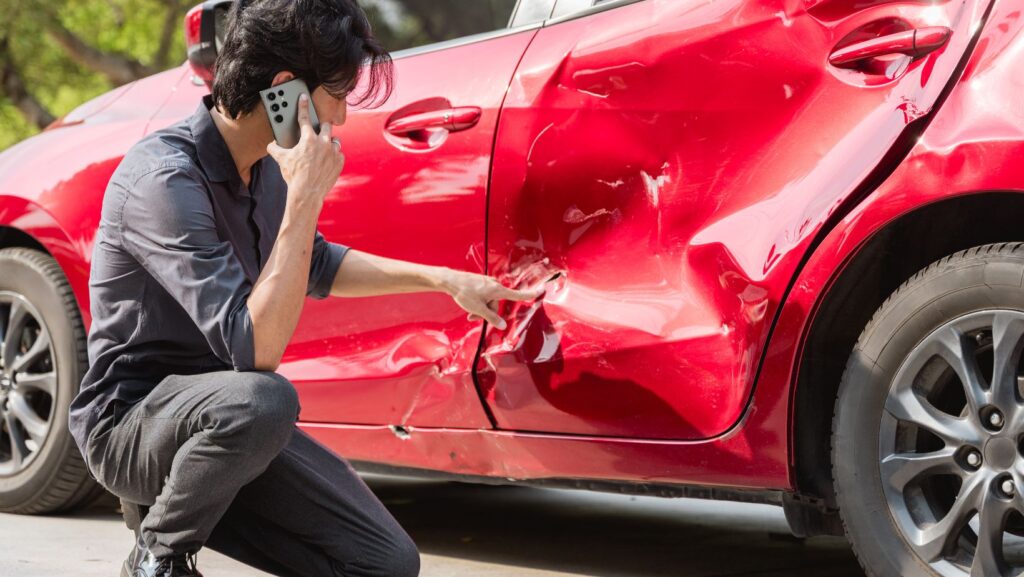
Car accidents can be complicated. Even when it seems clear who is at fault, insurance disputes and different stories can add stress to recovery. When one driver is in a rental car, the situation can become even more confusing. A simple case suddenly involves multiple insurance companies, complex contracts, and federal laws that protect rental companies from some liabilities.
People often think that an accident with a rental car is the same as any other crash, but that’s not usually the case. Who pays for medical bills and damages depends on the driver’s insurance, the rental agreement, and the state of the vehicle. Understanding how liability works in these cases is essential to protect your rights and make sure those responsible are held accountable.
Why Rental Car Accidents Are Especially Complicated
When you get into a crash with a rental vehicle, it involves more than just two drivers. There are rental companies, insurance companies, and sometimes credit card companies involved as well. Rental agencies have their own insurance, but that doesn’t mean they will pay for damages right away. They often rely on the driver’s personal insurance or an extra policy bought at the rental desk.
This situation can get complicated. Different companies may argue about who is responsible for what, trying to pass the costs onto someone else. What starts as a simple claim can turn into months of back-and-forth between insurance companies, rental agencies, and lawyers. Victims may end up waiting a long time for help with repair costs, medical bills, and lost wages.
The Three Layers of Rental Car Insurance
Determining which insurance policy applies is often the most confusing part of rental car collisions. Coverage typically exists in three overlapping layers:
- The renter’s personal auto insurance. Most personal auto policies extend to rental vehicles for short-term use, covering property damage and liability. However, they may not cover every scenario—particularly if the driver used the vehicle for business or violated the rental contract.
- The rental company’s policy. Rental companies must meet state minimum insurance requirements, but their policies often provide limited coverage or exclude certain drivers. They may also offer optional protection plans at the counter that can affect how claims are handled.
- Credit card insurance. Some credit cards offer rental car coverage if the rental was paid for with that card. However, this protection is typically secondary—it only applies after the renter’s personal insurance and the rental company’s coverage have been exhausted.

The Hidden Role of Rental Company Negligence
Rental companies often protect themselves through airtight contracts, but they can still be held liable in certain situations. If the crash was caused or worsened by a mechanical defect—like failing brakes, bald tires, or faulty headlights—the company may share responsibility.
Negligence can also arise if the company rented a vehicle to someone unfit to drive. For example, if an employee ignored an expired license or clear signs of intoxication when approving a rental, that oversight could make the company partly liable. Maintenance logs, employee training manuals, and internal policies become vital evidence in proving these claims.
How the Graves Amendment Complicates Things
One major reason rental car cases are difficult to pursue is a federal law known as the Graves Amendment, enacted in 2005. This law shields rental and leasing companies from being held automatically liable for accidents caused by their customers. In other words, just because the company owns the vehicle doesn’t mean it’s responsible for the crash.
However, there are exceptions. The Graves Amendment doesn’t protect a company if it was negligent, such as renting unsafe vehicles or failing to maintain them properly. These cases require a deep investigation into the rental company’s maintenance history, safety procedures, and inspection records. When negligence can be proven, victims can still pursue compensation from the company itself.
How Attorneys Help Untangle Insurance Disputes
Because these cases involve so many moving parts, it’s easy for victims to get overwhelmed by legal and insurance red tape. That’s where professional legal assistance becomes essential. Attorneys who handle complex vehicle accident cases understand how to interpret multi-layered insurance policies, identify hidden coverage gaps, and determine when corporate negligence may have played a role.
Working with a law firm experienced in handling multi-party claims allows victims to focus on healing rather than paperwork. Seeking legal help for car accident claims in Pittsburgh gives you access to professionals who know how to pressure insurers, gather critical evidence, and pursue every avenue for compensation under Pennsylvania law. Without skilled legal guidance, many victims unknowingly accept low settlements or lose their right to recover altogether.
Gathering and Preserving Crucial Evidence
Building a strong claim requires more than just a police report. Lawyers and investigators must dig deeper to uncover what really caused the crash and who is responsible. Key pieces of evidence might include:
- Rental contracts outlining the driver’s responsibilities and coverage terms
- Maintenance records showing whether the car was properly inspected before being rented
- Surveillance footage from the rental agency or nearby businesses
- Vehicle “black box” data revealing speed, braking, and steering patterns before impact
- Witness testimony and accident reconstruction analysis
Cross-State Complications and Jurisdiction Issues
Rental cars are often used for travel across state lines, which adds another layer of complexity. The accident may occur in one state, the driver may reside in another, and the rental company may be headquartered somewhere else entirely. These jurisdictional issues affect where and how a lawsuit can be filed.
Pennsylvania law applies differently depending on where the crash happened and which company’s policies were in place. Attorneys familiar with these nuances can determine the appropriate jurisdiction and ensure the claim adheres to all local filing rules and time limits. This becomes even more important when out-of-state insurers or national rental chains are involved.
Steps to Take Immediately After a Rental Car Accident
If you’re involved in a collision with a rental car, protecting your rights begins at the scene. Here’s what to do:
- Call 911 and report the crash to law enforcement. Obtain an official police report.
- Document everything—take photos of all vehicles, license plates, and the crash scene.
- Exchange information with the other driver, including the rental agreement details if possible.
- Seek medical attention, even if you feel fine initially.
- Notify your insurer and consult an attorney before speaking with the rental company’s representatives.
Holding Corporations Accountable
Rental car companies operate on tight margins and massive fleets, often prioritizing quick turnovers over thorough inspections. When that negligence results in a crash, accountability becomes more than just a legal issue—it’s a matter of public safety.
Pursuing legal action against negligent corporations allows victims to do more than recover damages; it can pressure these companies to adopt stricter maintenance practices and more responsible rental policies. Each case sends a message that safety cannot take a back seat to convenience or profit.
Finding Clarity After the Confusion
A car accident involving a rental car can be confusing due to insurance claims and legal issues. However, a knowledgeable lawyer can help you navigate this process and hold all responsible parties accountable.

The goal is simple: to help victims regain stability while dealing with physical, emotional, and financial challenges. Pursuing justice ensures that companies cannot hide behind complex terms when real lives are impacted.
